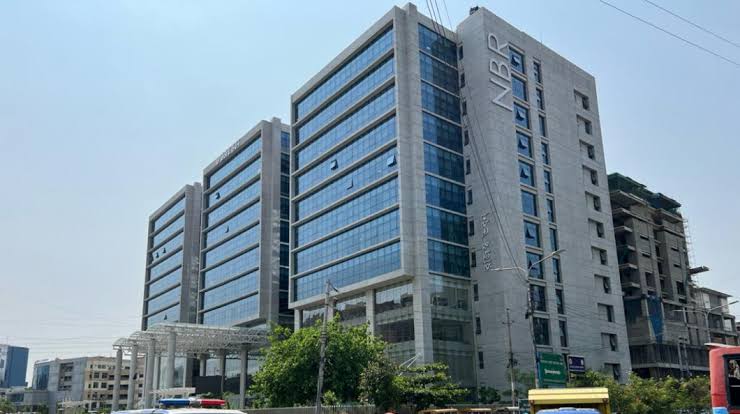Mohammad Zakaria
Published:2024-12-07 11:17:24 BdST
Don't offer tax exemptions on essential goods: IMF urges NBR
The International Monetary Fund (IMF) has expressed concern over the National Board of Revenue’s (NBR) progress in revenue collection for the current fiscal year.
To this end, the global financial agency has urged the exchequer to refrain from granting tax exemptions on essential goods to meet its revenue targets.
“We had a meeting with the IMF delegation where we presented the progress in revenue collection across customs, VAT, and tax sectors. The IMF, however, expressed concerns about the overall collection performance up to November this fiscal year,” a senior NBR official said on Thursday.
The official stated that the IMF advised against tax exemptions for imported products and essential goods.
The tax administration, however, justified such exemptions as necessary given current market demands and crises.
“We have already lost revenue worth Tk800 crore following an SRO that exempted tax on dates and sugar. Moreover, tax and VAT exemptions on onions, eggs, and potatoes have further reduced revenue collection,” the official added.
The IMF delegation inquired about adjustments to recover the Tk800 crore shortfall from other sectors. The NBR explained that these exemptions were granted in the public interest.
To ease the financial burden on consumers, the NBR recently slashed taxes and duties on essential items, likes the sugar and dates, ahead of the holy month of Ramadan.
On import policy, the NBR official highlighted restrictions on opening letters of credit (LCs) for all but essential raw materials, citing the ongoing dollar crisis. “Currently, the government is prioritising the import of industrial materials,” he explained.
The IMF is expected to analyse the NBR’s revenue collection data before sending further recommendations to help the tax administration achieve its revenue targets under the lender’s loan conditions.
Challenging revenue targets
As per the IMF’s loan agreement, Bangladesh is supposed to increase its tax-GDP ratio by 0.5 percentage points every year.
The increase target, however, was slashed to 0.4 percentage points for the current fiscal year considering the sluggish business activities during the July-August uprising.
But, a further target of 0.2 percentage points was added to this renewed target to adjust the last year’s revenue shortfall, bringing the tax-GDP target to 8.10% for the current fiscal year.
However, achieving this target appears unlikely given the current circumstances.
The NBR faced a revenue shortfall of approximately Tk31,000 crore in the first four months of FY25, making recovery by the fiscal year-end improbable.
The IMF set a revenue collection target of Tk4,72,000 crore for fiscal 2024-25 and an ambitious target of Tk5,67,200 crore for FY26. Yet, NBR officials admit that meeting these goals would be a significant challenge, especially amid economic disruptions and shortfalls caused by the recent mass uprisings in July and August.
The IMF’s upcoming recommendations are expected to provide further guidance on how Bangladesh can bridge its revenue gap while adhering to loan conditions and maintaining public welfare initiatives.
Unauthorized use or reproduction of The Finance Today content for commercial purposes is strictly prohibited.


